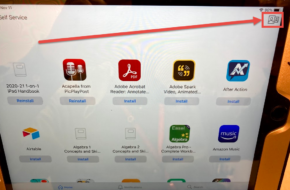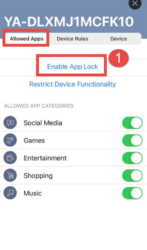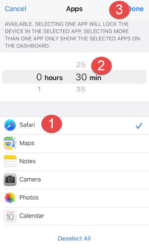Parent Resources
Quick Links
Tips For Parents
Helping your child with their learning or their school work can be daunting, but below are some resources to help get started.
- Talk to your child and encourage them to engage in conversion during family activities.
- Give a journal or diary as a gift.
- Help your child write a letter to a friend or family member. Offer assistance with correct grammar usage and content.
- Have a “word of the week” that is defined every Monday. Encourage your child to use the new word throughout the week.
- Plan a special snack or meal and have your child write the menu.
- After finishing a chapter in a book or a magazine article, have your child explain their favorite event.
- Talk to your child and encourage them to engage in conversion during family activities.
- Give a journal or diary as a gift.
- Help your child write a letter to a friend or family member. Offer assistance with correct grammar usage and content.
- Have a “word of the week” that is defined every Monday. Encourage your child to use the new word throughout the week.
- Plan a special snack or meal and have your child write the menu.
- After finishing a chapter in a book or a magazine article, have your child explain their favorite event.
- Spend time with kids on simple board games, puzzles, and activities that encourage better attitudes and stronger mathematics skills. Even everyday activities such as playing with toys in a sandbox or in a tub at bath time can teach children mathematics concepts such as weight, density, and volume. Check your television listings for shows that can reinforce mathematics skills in a practical and fun way.
- Encourage children to solve problems. Provide assistance, but let them figure it out themselves. Problem solving is a lifetime skill.
- The kitchen is filled with tasty opportunities to teach fractional measurements, such as doubling and dividing cookie recipes.
- Point out ways that people use mathematics everyday to pay bills, balance their checkbooks, figure their net earnings, make change, and how to tip restaurants. Involve older children in projects that incorporate geometric and algebratic concepts such as planting a garden, building a bookshelf, or figuring how long it will take to drive to your family vacation destination.
- Children should learn to read and interpret charts and graphs such as those found in daily newspapers. Collecting and analyzing data will help your child draw conclusions and become discriminating readers of numerical information.
- Meet with your child’s teacher as often as needed to discuss their progress. Ask the teacher to suggest activities for you and your child to do at home to help prepare for tests and improve your child’s understanding of schoolwork. Parents and teachers working together benefit students.
- Provide a quiet, comfortable place for studying at home.
- Make sure that your child is well rested on school days and especially the day of a test. Children who are tired are less able to pay attention in class or to handle the demands of a test.
- Give your child a well-rounded diet. A healthy body leads to a healthy, active mind.
- Provide books and magazines for your child to read at home. By reading new materials, a child learns new words that might appear on a test. Ask your child’s school about a suggested outside reading list or get suggestions from the public library.
JAMF Parent App Information
Many parents have asked how to limit YouTube on the school iPad. As we are using youtube videos in the virtual classroom, we can’t remove YouTube permanently. However, we can limit it by using the JAMF Parent app. Here are the steps:
1. Download and open the JAMF Parent app on your phone or other mobile device.
2. Open the Self Service app on the school iPad and press the upper right corner to get the QR code, then use your phone to scan the QR code.

3. Your phone will show the iPad name on the list, choose it, and press enable app lock.

4. Pick YouTube and Safari/Chrome and limit their time.

Here are the detailed instructions for JAMF Parent:
https://www.jamf.com/ resources/product-documentation/jamf-parent-guide-for-parents/
